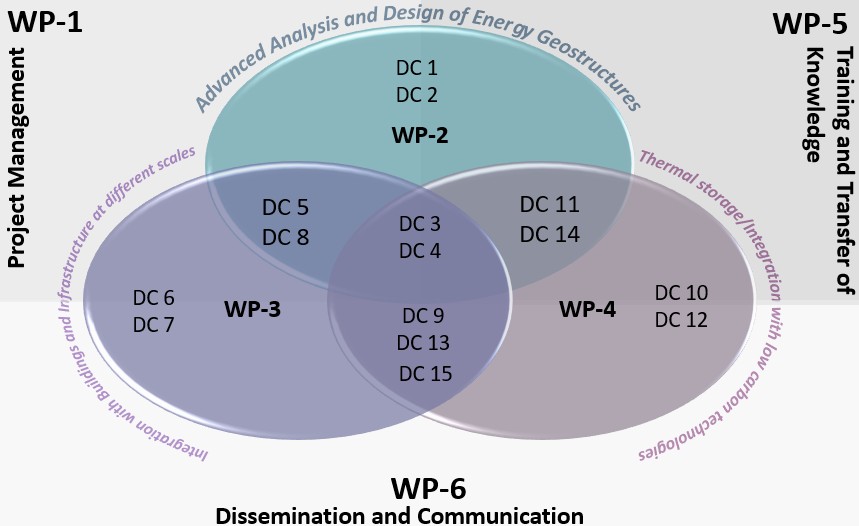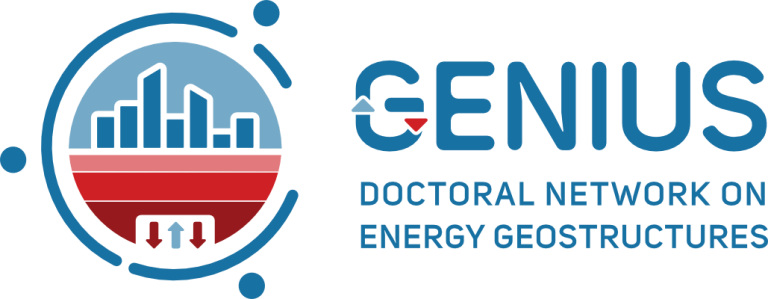GENIUS is tackling one of the biggest challenges in the energy sector: the transition to renewable, energy-efficient heating and cooling systems. Heating and cooling account for around half of global energy use, and demand is rising with economic growth, urbanisation, and population increases. At the same time, the world faces an energy crisis that highlights the urgent need to reduce dependence on fossil fuels.
Energy Geostructures (EGs) offer a powerful solution by combining structural support for buildings with geothermal energy exchange. Despite their potential, their wider use has been limited by gaps in technical expertise, design knowledge, and integration with other systems.
The GENIUS Doctoral Network addresses these challenges by developing advanced tools and solutions for EGs, expanding scientific understanding of their applications, and training the next generation of specialists. Through collaboration with industry and stakeholders, the project will equip researchers with the skills to turn innovative ideas into real-world energy solutions.
Project Research Aims and Objectives
The goal of GENIUS is to train 15 Doctoral Candidates to become leaders in designing and applying Energy Geostructures (EGs) at every scale—from individual buildings to entire urban networks. Their work will explore how EGs can be used for both energy production and storage, helping Europe move towards its goal of becoming the first climate-neutral continent.
The project focuses on three main research objectives:
Smarter design – To enhance the analysis and design, to improve performance and usability of EGs
Practical solutions – To expand the practical implementation and integration of EGs
Multi-functionality – To advance the multi-functional use of EGs through integration with low-carbon technologies
To achieve this, GENIUS is built around three interconnected technical Work Packages. Each one brings together Doctoral Candidates working on individual research projects, all contributing to the overall success of the programme:
WP1 Advanced Analysis and Design of EGs
This Work Package integrates multiple research approaches to investigate and optimize EGs, specifically energy micropiles, energy walls and energy tunnels, in varying geological conditions.
WP2 Integration with Buildings and Infrastructure at Different Scales
This Work Package is structured around a multi-disciplinary approach (geotechnics, energy, economics), and methods (experimental, numerical, and analytical), designed to address key challenges in EGs’ integration with buildings and infrastructure in urban areas.
WP3 Thermal storage/Integration with low-carbon technologies
This Work Package aims to assess the feasibility of EGs for thermal energy storage (e.g., abandoned mines and quarries) and integration with other low-carbon technologies (e.g., solar PV and solar thermal) to provide flexible, and integrated energy solutions.



